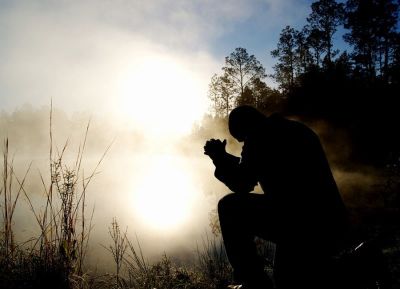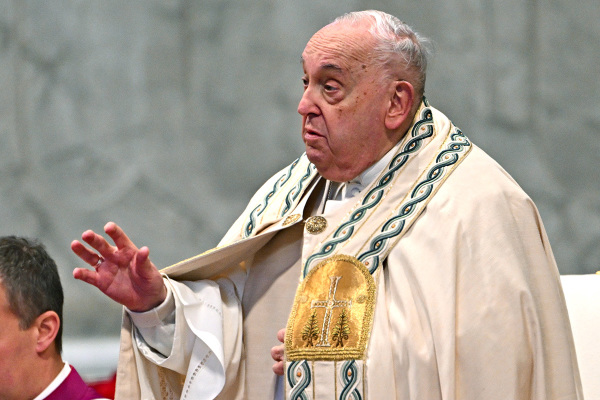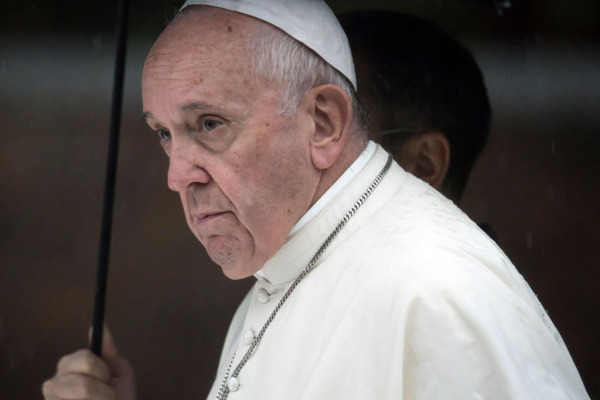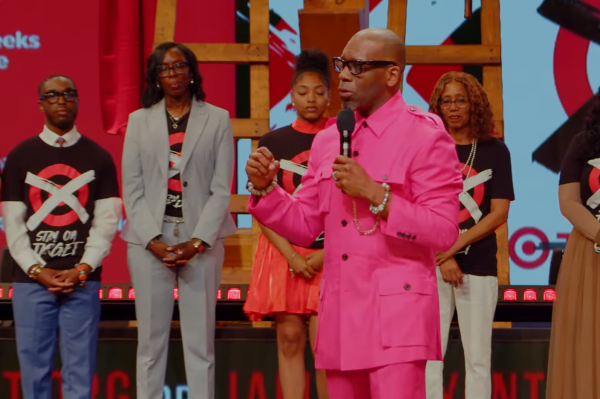The most important day in US history

What was the most important day in our nation's history? Many would say July 4, 1776, and for very good reasons. We will commemorate Independence Day this week — the day our forefathers signed one of the most important documents in history, the Declaration of Independence. Yet there was another July 4 that may be the more miraculous day: July 4, 1787.
The Revolutionary War had been fought and won at great cost. The founding fathers wisely structured a government called the Continental Congress. But by 1787, a permanent government structure for the long haul was needed.
They gathered in Philadelphia to put the structure in place and to write a constitution to replace the Articles of Confederation. It was not going well. The delegates could not agree on how states would represent themselves. This appeared to be an insurmountable obstacle that could not be overcome. Anger and tension filled the air. Some delegates walked out. Some threatened military action against other delegates. Frustration and disappointment abounded. Those who had pledged their lives and fortunes in hopes for a new nation, were now unsure their dream would ever come to pass, the outcome hanging in the balance.
On June 26th, 1787, all seemed lost. Suddenly, Ben Franklin asked to speak to the assembly. By now, he was an elder statesman known to be the least spiritual of all the founding fathers. This well-respected man walked to the front of the gathering, stopping at the podium. With great conviction and immovable resolve, he spoke to the delegates.
“In the beginning of the contest with G. Britain, when we were sensible of danger we had daily prayer in this room for the Divine Protection. — Our prayers, Sir, were heard, and they were graciously answered. All of us who were engaged in the struggle must have observed frequent instances of a Superintending providence in our favor. To that kind providence we owe this happy opportunity of consulting in peace on the means of establishing our future national felicity. And have we now forgotten that powerful friend? Or do we imagine that we no longer need His assistance. I have lived, Sir, a long time and the longer I live, the more convincing proofs I see of this truth — that God governs in the affairs of men.”
The hall was quiet. No one dared speak. Yet, this riveting speech demanded a reaction. Therefore, a motion was immediately put forth and passed for the leaders to begin each day of deliberations with prayer and have a chaplain attend the meetings to lead this daily prayer. Additionally, they passed a motion to break and take three days to fast and pray. As the meeting adjourned that day, each man went his own way to enter into a time of prayer and fasting.
They reassembled on July 4, 1787. When they gathered, everything was different. The anger and animosity was gone. Agreeable conversations took place where ill feelings had once resided.
One of the delegates, Jonathan Dayton, wrote in his journal “… every unfriendly feeling had been expelled, and the spirit of conciliation had been cultivated.” Prayer triggers cooperation. Prayer releases divine solutions.
That day, they formed a committee that created the representative structure of the House of Representatives and Senate. With representation based on population (the House) and equally assigned to each state (the Senate), they called this plan the great compromise. It was the final large piece of the puzzle for the Constitution. A final draft was produced in about six weeks, and then the states ratified it.
Today, I pose the same questions to our leaders that Ben Franklin asked the Continental Congress. Are we smart enough now to not need the assistance of the Almighty? Have we forgotten our powerful friend? Why would we not want to solicit the Supreme in the affairs of this nation? Why would we not want to petition for the power of Providence to act? Why would we not entreat the eternal God for wisdom? And why would we not appeal to divine power to solve the issues of today?
Our nation was founded on prayer, and it would not be here without prayer, nor would it continue to thrive without prayer. This year, let’s celebrate both July 4 days that shaped the United States of America, and let’s pray that our leaders would ask God for the wisdom they need.
David Kubal is President/CEO of Intercessors for America (IFA), which serves over one million praying Christians every month. David serves on the National Faith Advisory Board and the National Day of Prayer Task Force and is also frequently featured in national news outlets such as Victory Channel, CBN, and Fox News.





















